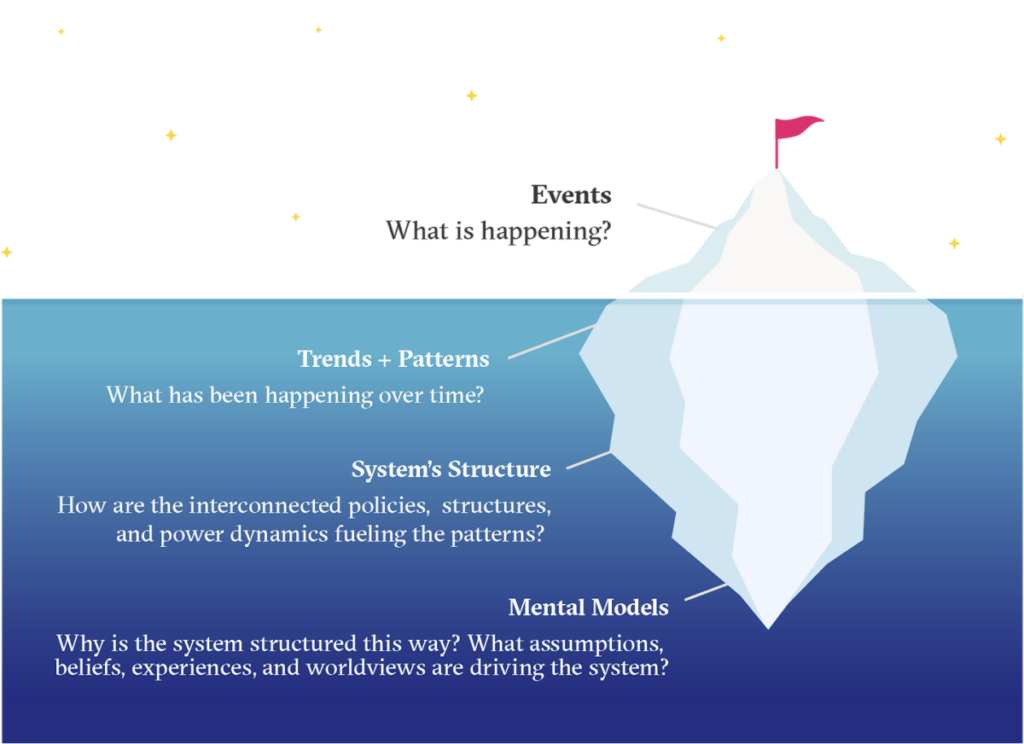Hello all,
Welcome back! Excited to see you all on Friday!
Quick reminder: Today we’ll be meeting on Zoom: Here’s our permanent link:
https://pratt.zoom.us/j/94983539221
We’ll be continuing from where we left off two weeks ago as we continue to consider the relationship between information and media.
As we watch James Gleick speak let’s consider how the concept of information came to define our era, and further more how information informs digital technology.
The Information by James Gleick – Prologue
Systems Thinking:
Discuss ch 1. Thinking in Systems by Donella Meadows and discuss your reading responses – in particular the examples.

An intro to systems thinking for journalists
Loopy – A tool for thinking in systems.
__________________________________________________________________________________________
Discuss and compile field notes from untethered experience.
How is networked technology a system? Social media? GPS? Virtual education? etc.
What are the advantages to being networked and what is lost?
How has networked technology changed how we interact with each other?
How does it change how we think about society?
Readings and screenings:
Nick Bostrom – The Simulation Argument (Full)
529,121 views Feb 21, 2013 Interview with Nick Bostrom at the Future of Humanity Institute Oxford University – http://www.simulation-argument.com/ – The simulation argument is continuing to attract a great deal of attention. I regret that I cannot usually respond to individual queries about the argument. http://www.simulation-argument.com/si… ABSTRACT. This paper argues that at least one of the following propositions is true: (1) the human species is very likely to go extinct before reaching a “posthuman” stage; (2) any posthuman civilization is extremely unlikely to run a significant number of simulations of their evolutionary history (or variations thereof); (3) we are almost certainly living in a computer simulation. It follows that the belief that there is a significant chance that we will one day become posthumans who run ancestor-simulations is false, unless we are currently living in a simulation. A number of other consequences of this result are also discussed.
Why We Expect More from Technology and Less from Each Other by Sherry Turkle
Research Interview:
Write 8 -10 interview questions about networked technology.
Interview a friend or family member and record it. If you use Zoom you can also get a transcript. Upload both the recording and the corrected transcript to your Google folder.




Leave a Reply